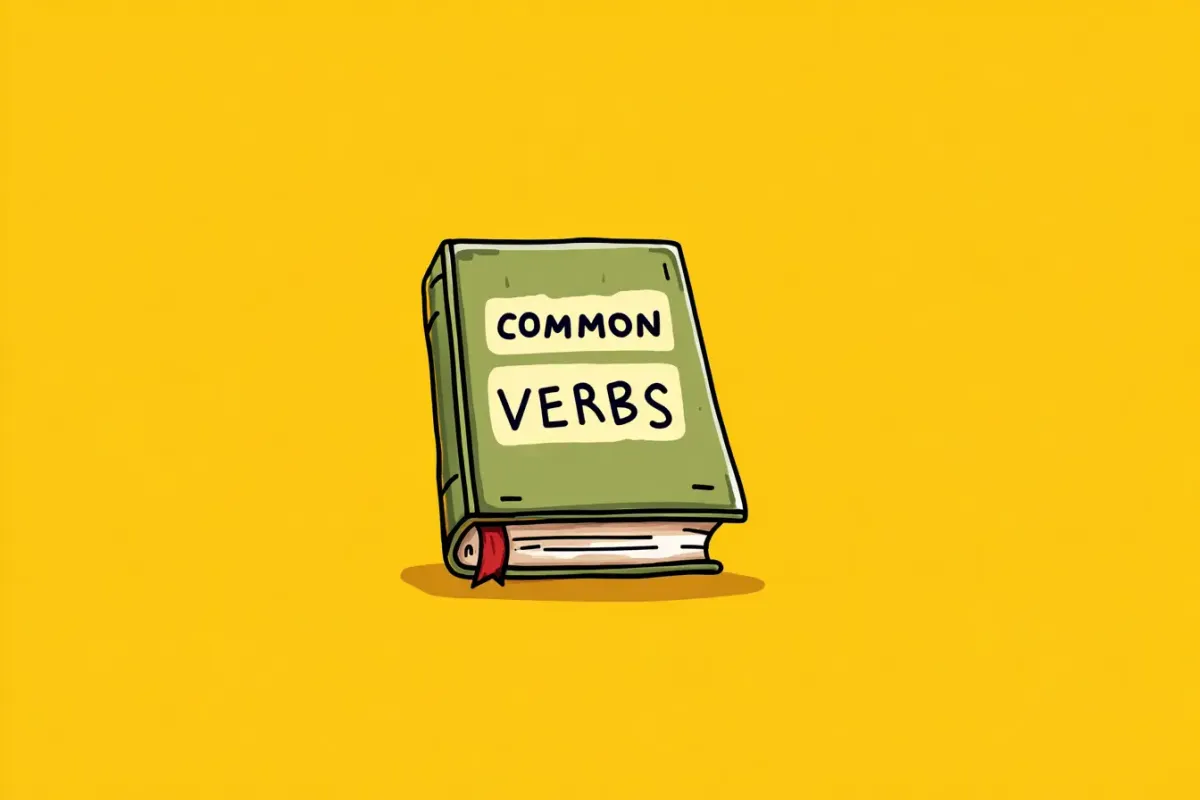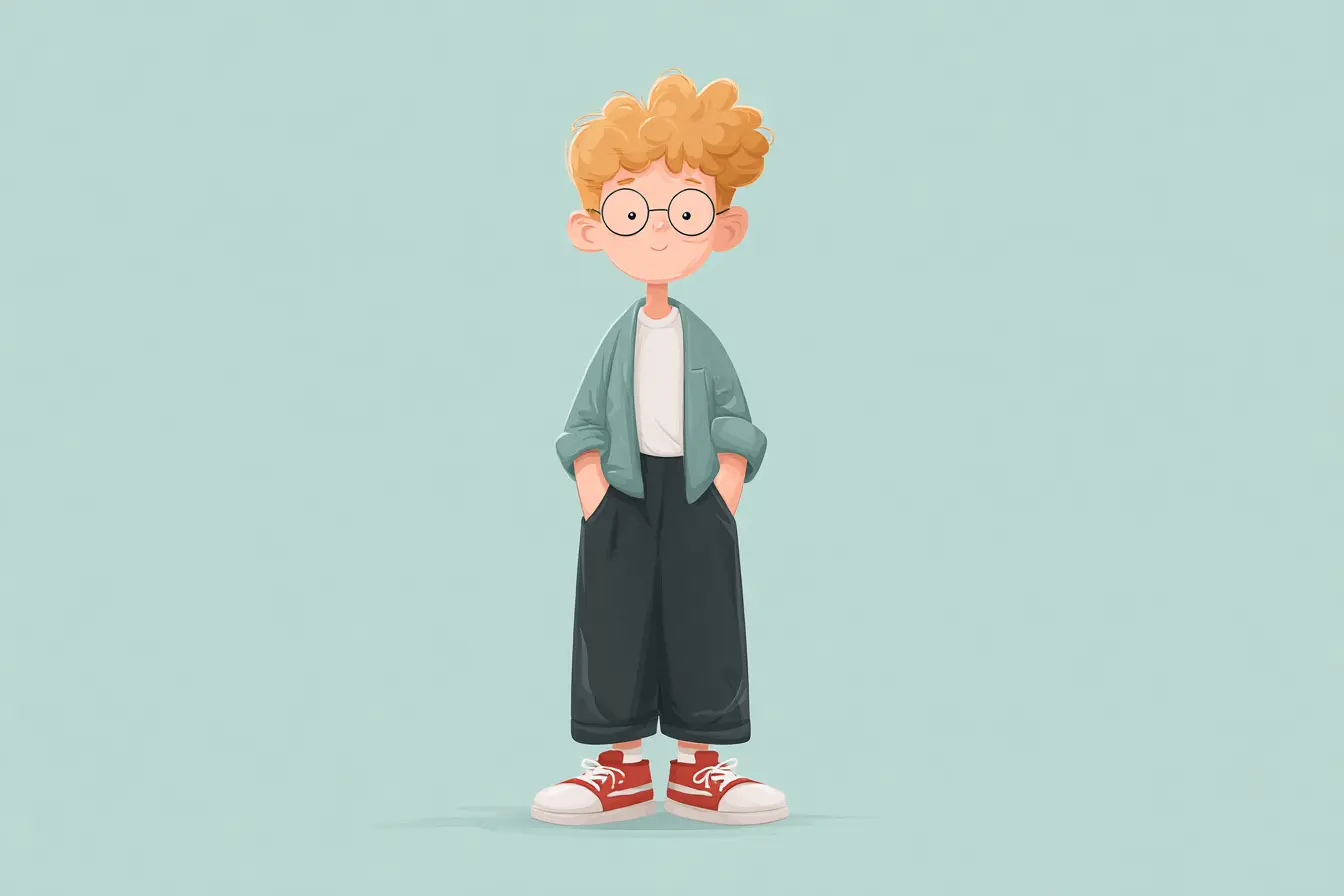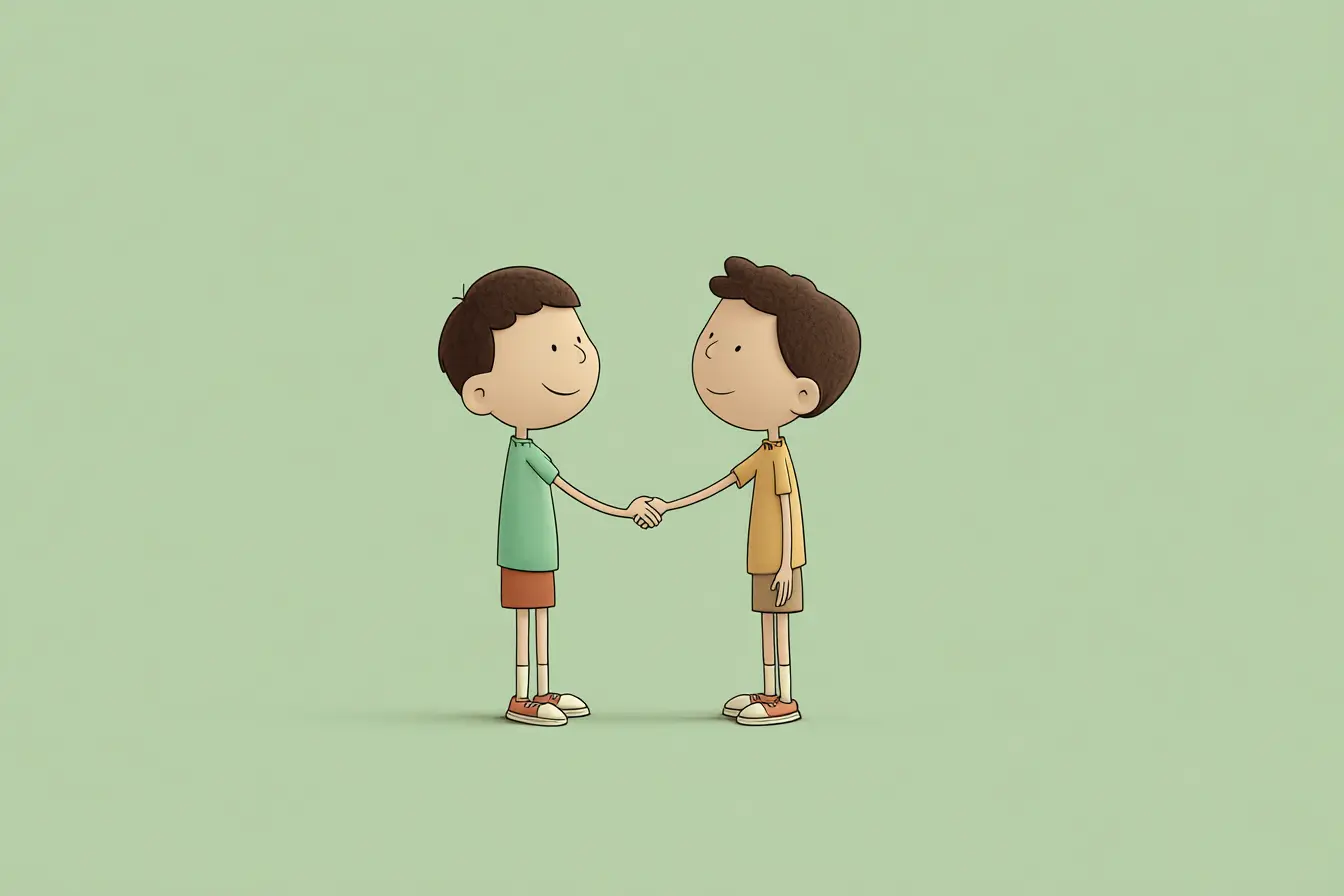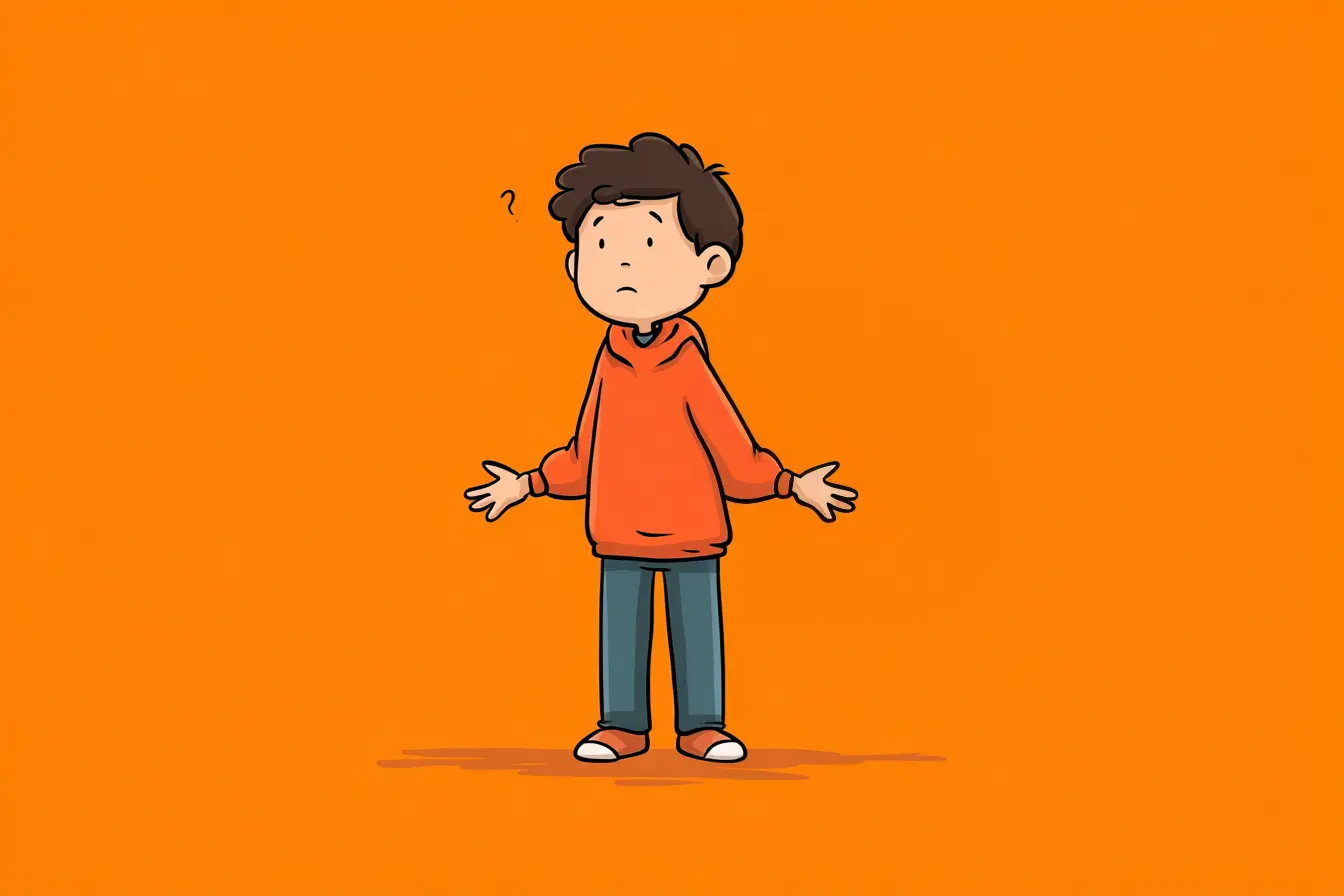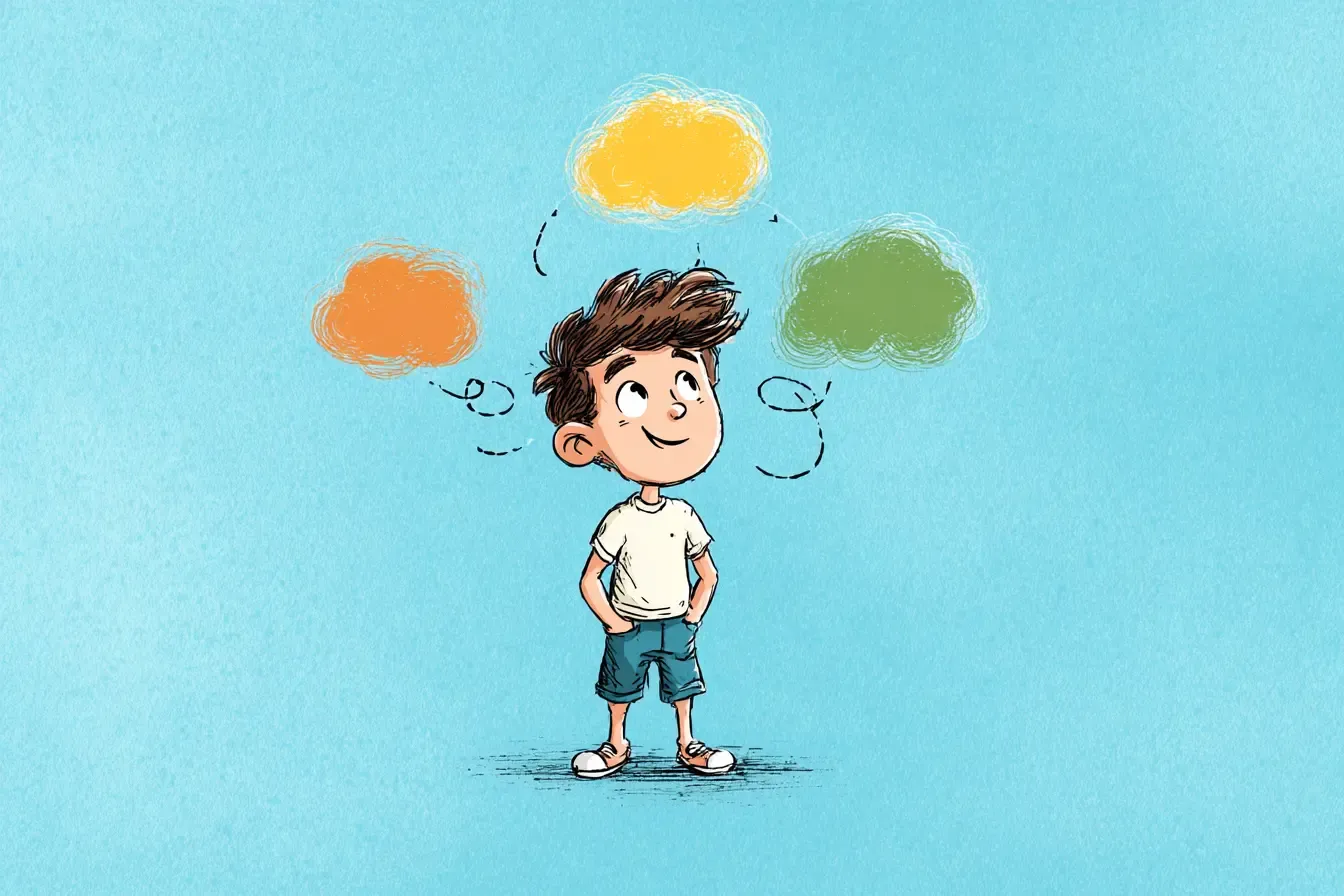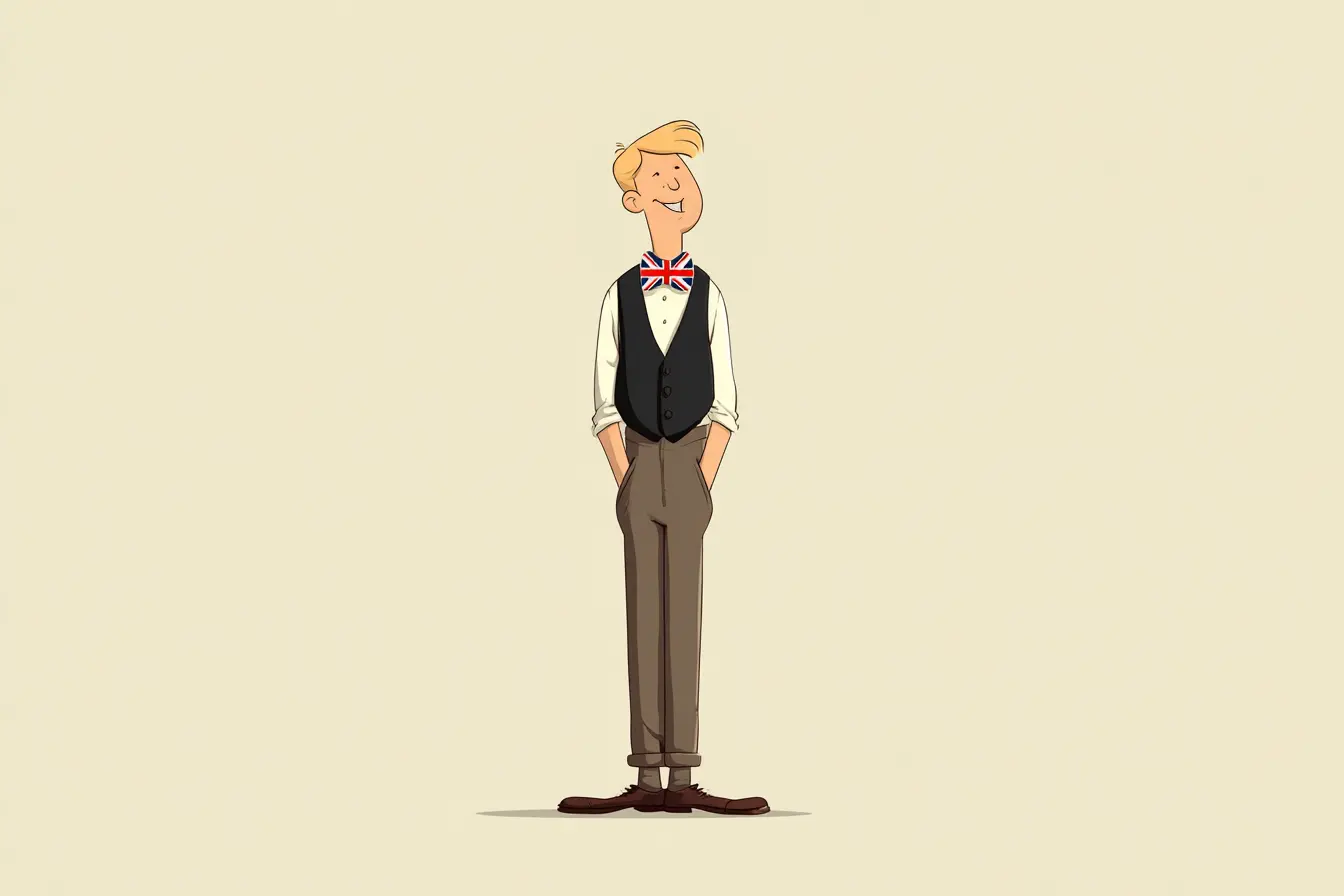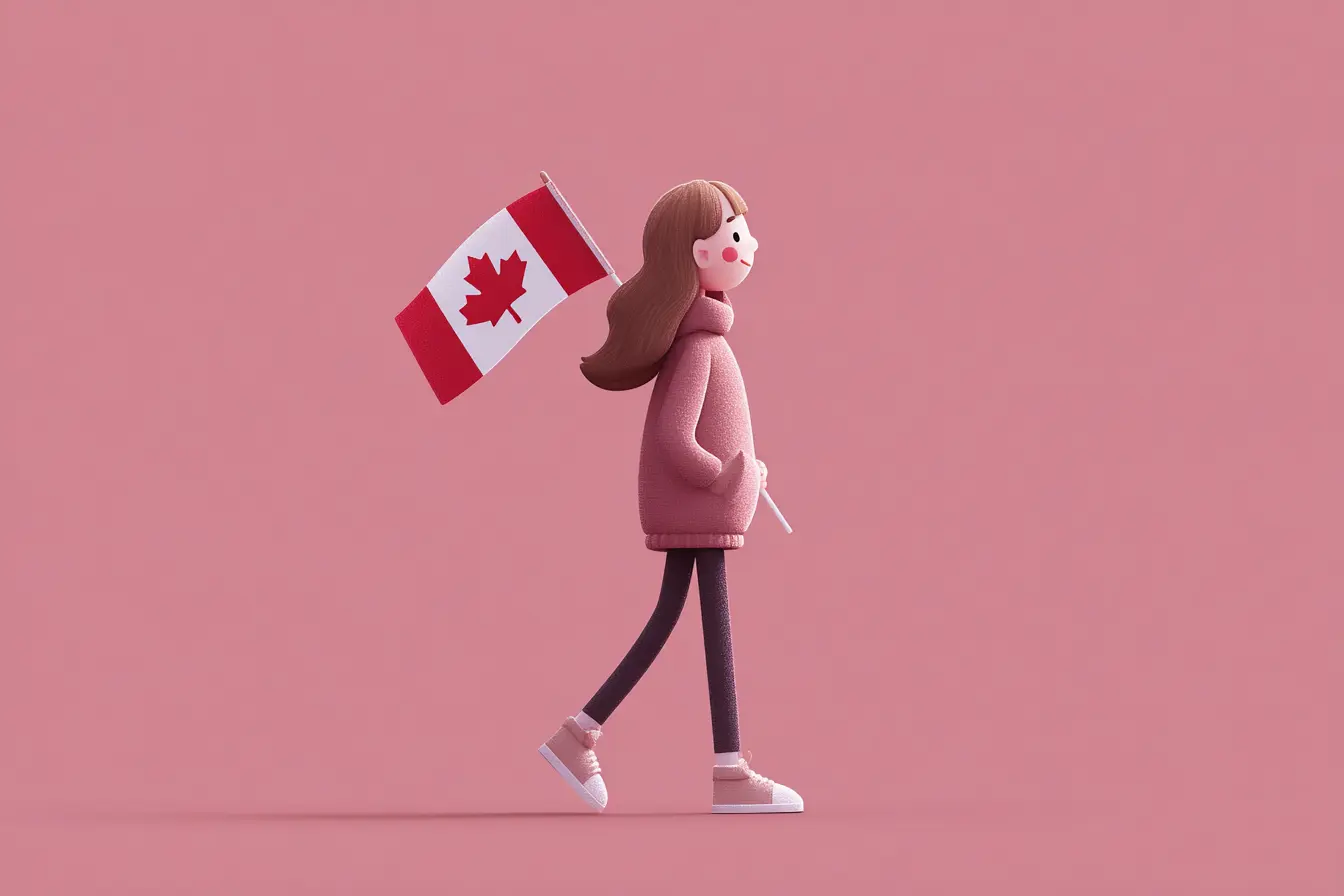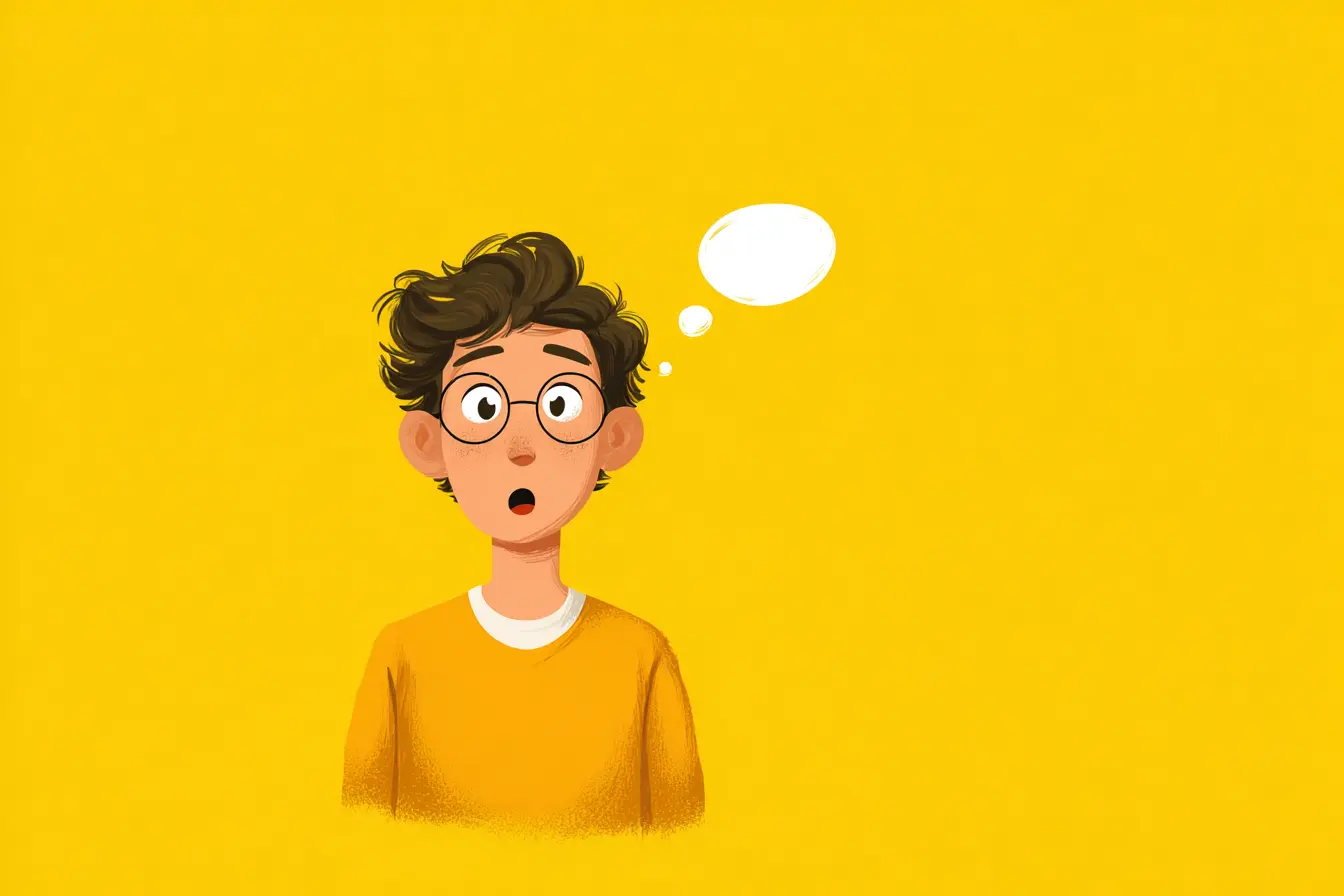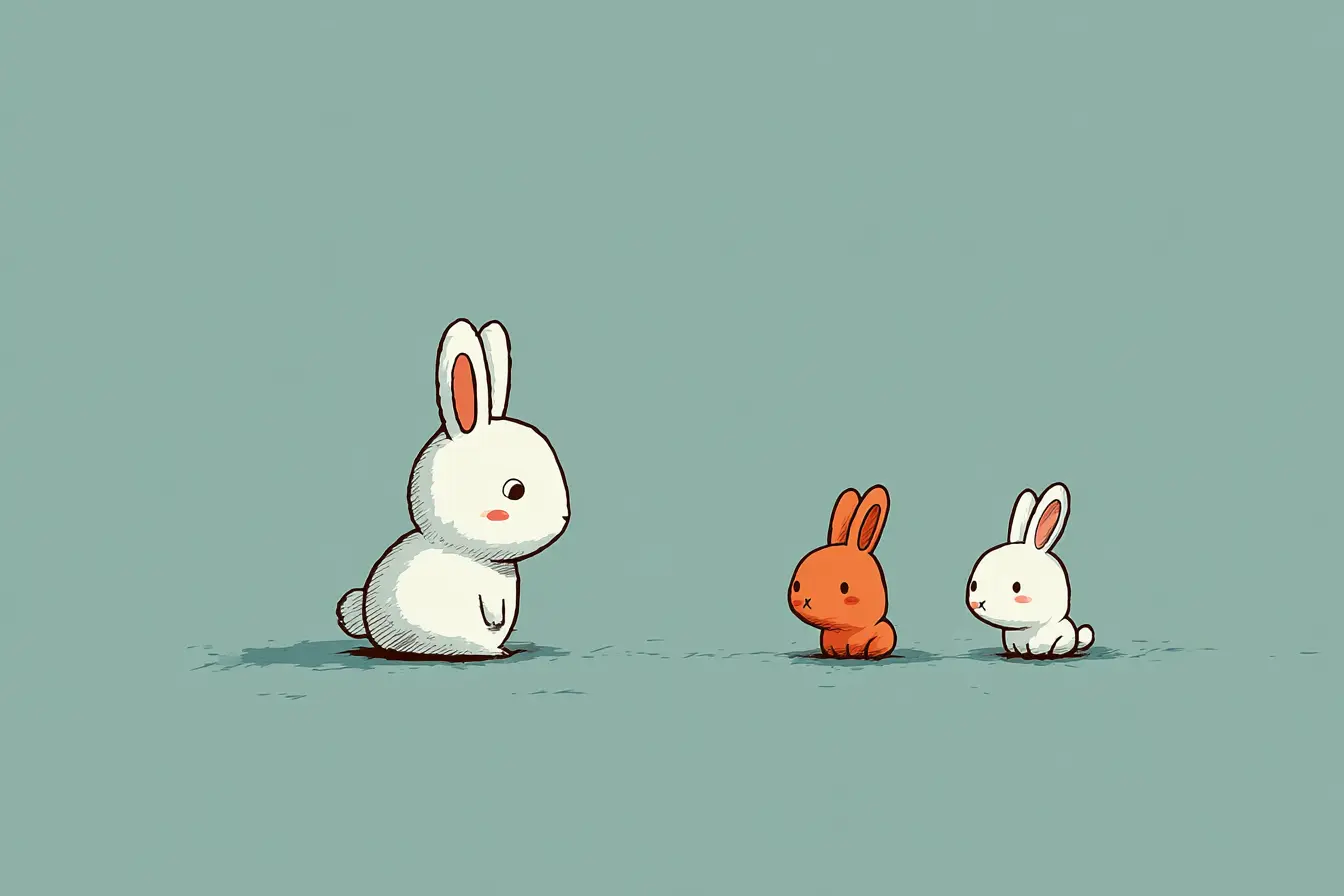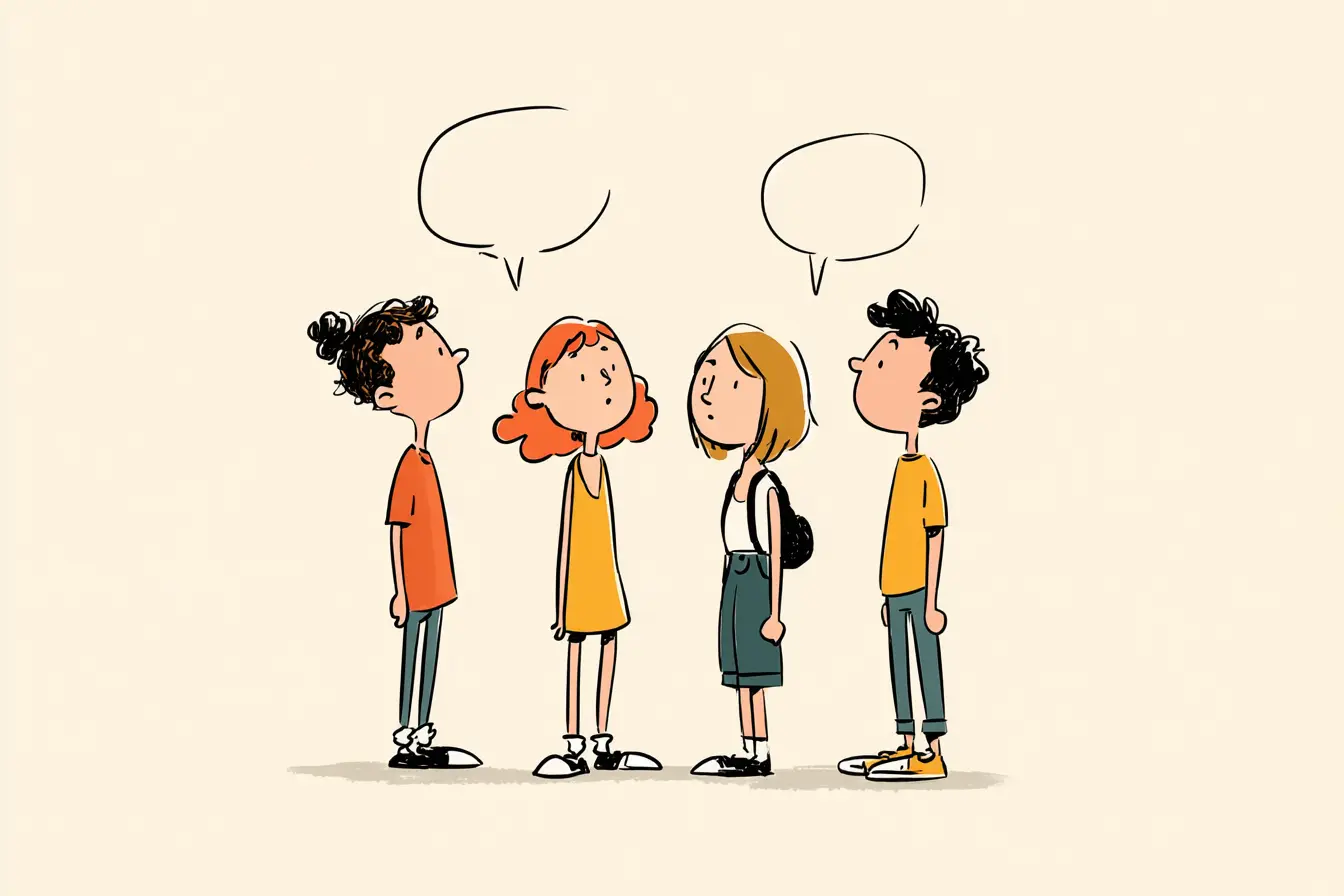Cuando empiezas a aprender inglés, los verbos son los primeros ladrillos de la comunicación. Son las palabras que te permiten decir lo que haces, lo que quieres o lo que sientes. La buena noticia es que no necesitas miles de verbos para comenzar. Un pequeño grupo de los verbos más usados en inglés ya cubre una gran parte de las conversaciones diarias.
Piensa en estos verbos como la “caja de herramientas” del inglés: simples, cortos y muy prácticos. De hecho, si te concentras en unos 30 verbos de uso cotidiano, tendrás una base sólida para empezar a expresarte en la mayoría de situaciones diarias. Estos son los verbos importantes que aparecen en películas, canciones, libros y, sobre todo, en conversaciones reales.
Resumen Rápido: 30 Verbos Más Comunes en Inglés
Aquí tienes una lista clara para repasar antes de entrar en los detalles:
Los Verbos Básicos que Escucharás en Todas Partes
A continuación encontrarás cada verbo explicado con ejemplos en los tiempos principales del inglés (presente, pasado, futuro y presente perfecto). Así verás cómo funcionan en la práctica y por qué son tan frecuentes en el idioma.
Be (ser, estar)
- Presente: I am happy. / They are students.
- Pasado: She was late. / We were tired.
- Futuro: I will be there tomorrow.
- Presente perfecto: He has been my friend for years.
Have (tener, haber)
- Presente: I have a bike. / She has time.
- Pasado: They had fun yesterday.
- Futuro: We will have a meeting.
- Presente perfecto: I have had enough.
Do (hacer, auxiliar)
- Presente: I do exercise. / Do you like music?
- Pasado: She did her homework.
- Futuro: I will do my best.
- Presente perfecto: We have done everything.
Say (decir)
- Presente: They say it’s important.
- Pasado: He said hello.
- Futuro: I will say a few words.
- Presente perfecto: She has said this before.
Get (conseguir, recibir, volverse)
- Presente: I get emails daily.
- Pasado: He got a promotion.
- Futuro: You will get results soon.
- Presente perfecto: We have gotten used to it.
Make (hacer, crear)
- Presente: I make dinner every day.
- Pasado: She made a mistake.
- Futuro: They will make a plan.
- Presente perfecto: We have made progress.
Go (ir)
- Presente: I go to work at 8.
- Pasado: We went shopping.
- Futuro: She will go abroad.
- Presente perfecto: I have gone there before.
Know (saber, conocer)
- Presente: I know this song.
- Pasado: She knew the answer.
- Futuro: You will know soon.
- Presente perfecto: I have known her for years.
Think (pensar)
- Presente: I think it’s true.
- Pasado: He thought of a plan.
- Futuro: I will think about it.
- Presente perfecto: They have thought everything through.
Take (tomar, llevar)
- Presente: I take the bus.
- Pasado: She took a photo.
- Futuro: We will take a break.
- Presente perfecto: He has taken great pictures.
See (ver)
- Presente: I see a bird.
- Pasado: We saw a rainbow.
- Futuro: You will see soon.
- Presente perfecto: I have seen that movie.
Come (venir)
- Presente: Come here!
- Pasado: They came late.
- Futuro: He will come tomorrow.
- Presente perfecto: I have come to help.
Want (querer)
- Presente: I want pizza.
- Pasado: She wanted a break.
- Futuro: They will want an answer.
- Presente perfecto: I have always wanted to travel.
Look (mirar, parecer)
- Presente: You look happy.
- Pasado: She looked outside.
- Futuro: I will look for it.
- Presente perfecto: We have looked everywhere.
Give (dar)
- Presente: I give advice.
- Pasado: She gave me a gift.
- Futuro: They will give a speech.
- Presente perfecto: We have given enough chances.
Use (usar)
- Presente: I use my phone daily.
- Pasado: He used a dictionary.
- Futuro: She will use this method.
- Presente perfecto: We have used all the paper.
Find (encontrar)
- Presente: I find this easy.
- Pasado: She found her keys.
- Futuro: You will find the answer.
- Presente perfecto: They have found a solution.
Tell (contar, decir a alguien)
- Presente: Tell me the truth.
- Pasado: He told a story.
- Futuro: I will tell you tomorrow.
- Presente perfecto: She has told me many times.
Work (trabajar)
- Presente: I work in IT.
- Pasado: They worked late.
- Futuro: We will work harder.
- Presente perfecto: She has worked there for years.
Call (llamar, nombrar)
- Presente: Call me later.
- Pasado: They called the dog Max.
- Futuro: I will call tomorrow.
- Presente perfecto: She has called three times.
Try (intentar)
- Presente: I try my best.
- Pasado: He tried again.
- Futuro: We will try tomorrow.
- Presente perfecto: They have tried many times.
Ask (preguntar, pedir)
- Presente: Ask me anything.
- Pasado: She asked politely.
- Futuro: I will ask him later.
- Presente perfecto: We have asked enough questions.
Need (necesitar)
- Presente: I need water.
- Pasado: She needed help.
- Futuro: They will need time.
- Presente perfecto: I have needed this for a while.
Feel (sentir)
- Presente: I feel tired.
- Pasado: She felt happy.
- Futuro: You will feel better soon.
- Presente perfecto: I have felt this way before.
Become (convertirse, llegar a ser)
- Presente: He becomes nervous easily.
- Pasado: She became a doctor.
- Futuro: They will become famous.
- Presente perfecto: It has become a problem.
Leave (salir, dejar)
- Presente: I leave at 8.
- Pasado: She left early.
- Futuro: We will leave tomorrow.
- Presente perfecto: They have left already.
Put (poner)
- Presente: Put it on the table.
- Pasado: She put the book down.
- Futuro: I will put it away.
- Presente perfecto: He has put on weight.
Mean (significar)
- Presente: What does this mean?
- Pasado: She meant no harm.
- Futuro: It will mean a lot to me.
- Presente perfecto: This has meant so much.
Keep (mantener, seguir)
- Presente: Keep smiling.
- Pasado: She kept a diary.
- Futuro: We will keep trying.
- Presente perfecto: I have kept my promise.
Let (permitir, dejar)
- Presente: Let me help you.
- Pasado: She let me borrow the book.
- Futuro: I will let you know.
- Presente perfecto: They have let us down before.
Si dominas estos 30 verbos sencillos, notarás un gran cambio en lo natural y seguro que suena tu inglés. Son un atajo hacia la fluidez: practícalos, combínalos y verás cómo tus oraciones cobran vida.
FAQ
1. ¿Cuáles son los verbos más usados en inglés?
Los verbos más usados en inglés son aquellos que aparecen con mayor frecuencia en el habla y en los textos. Entre ellos están be, have, do, say, get, make, go, know, think, take, see, come, want, look, give, use, find, tell, work y call. Estos verbos permiten describir personas, acciones, opiniones, planes y preguntas. Aprenderlos primero multiplica tu capacidad de comunicarte con pocas palabras.
2. ¿Cuántos verbos hay en inglés?
El inglés tiene más de 25,000 verbos si contamos todas las formas y variaciones, aunque el número exacto depende de cómo se clasifiquen. Sin embargo, la mayoría son poco frecuentes o muy técnicos. Para las conversaciones del día a día, unos cientos bastan, y con una base de 30 a 50 verbos comunes ya puedes expresarte con confianza.
3. ¿Cómo puedo practicar los verbos más comunes de manera efectiva?
Lo mejor es practicarlos en frases completas, no de manera aislada. Por ejemplo, en lugar de memorizar take, practica expresiones como take a bus, take a break, take care. Escribe diálogos cortos, léelos en voz alta y cámbiales el tiempo verbal (I take… / I took… / I will take…). Escuchar canciones, series o pódcasts también ayuda, porque estos verbos se repiten constantemente en inglés real. La repetición diaria es clave: cuanto más los uses, más naturales se volverán.


